As home educators we don’t have to study set subjects, use particular methods or follow the National Curriculum. So the National Curriculum should surely be irrelevant to us unless we choose to follow it, or keep a vague eye on it as a comparison?
For most of the things we learn about this is true – we happily get on with it without a backward glance at the National Curriculum. But there comes a time when it steals into our world. It creeps into our education in subtle ways, often precisely because we aren’t following it.
As soon as you step outside the officially sanctioned topics, at the designated key stage it suddenly becomes much harder to find resources. Resources such as the BBC are, not surprisingly, geared towards the National Curriculum. Perhaps more surprisingly so are children’s book publishers, to a frustrating degree.
For our family this is especially noticeable when it comes to history. My eldest and I love history. We spend a lot of time reading and talking about it. It is the core of our child-led learning experience, because E is always looking for interesting historical tit bits, and I am always scouting ahead in order to find resources and information to feed her (and my own) appetite for more. The deeper we delve the more frustrating the droughts and the deluges become.
Some historical periods have almost nothing published for children. Try finding more than one or two books on Bronze Age Britain or the highly influential Phoenicians. Books become impossible to source from libraries, and increasingly difficult even through Amazon. Gems surface, but are often out of print or only available from US, which has more of an emphasis on world history. Online it is a little easier as gaps can be filled in by resources created for other countries, but generally even children’s resources are wordy, and often aimed at the wrong level.
Even the favoured periods laid out in the National Curriculum are not with out problems. Here it turns from famine to feast, the kind of feast that leaves you stuffed, yet unsatisfied and regretful. The overwhelming numbers of resources and books, and the publishers’ desire to knock out more to meet the curriculum mean a flood of often poorly illustrated, incoherent and quite frankly boring books. Finding the gems is hard work, like finding the proverbial needle. And that is before we have dared to tackle a period outside the designated key stage.
National Curriculum:
Primary National Curriculum until 2014 – HistoryÂ
Secondary National Curriculum until 2014 – History
Changes to National Curriculum
Follow the discussions, and the controversy over changes to history curriculum
http://the-history-girls.blogspot.co.uk/2013/07/the-case-of-disappearing-victorian-and.html
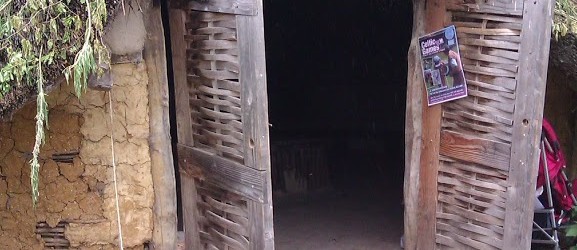

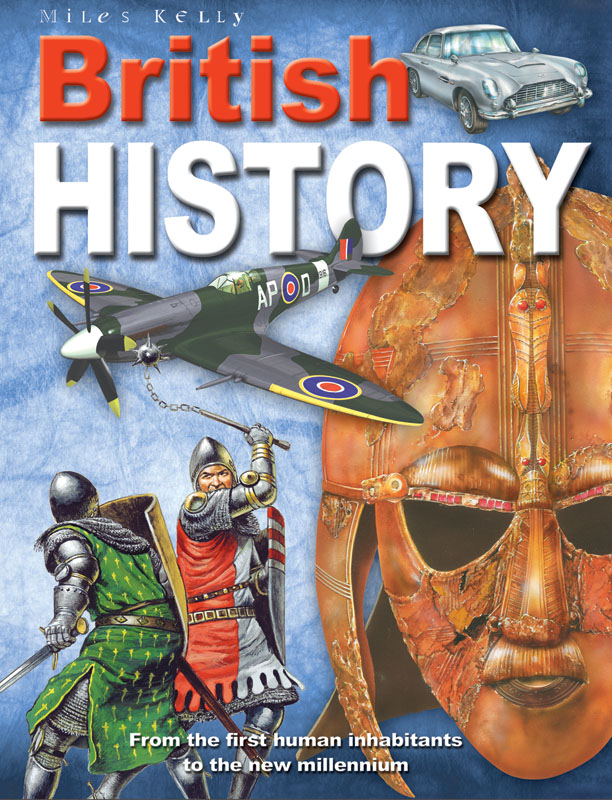
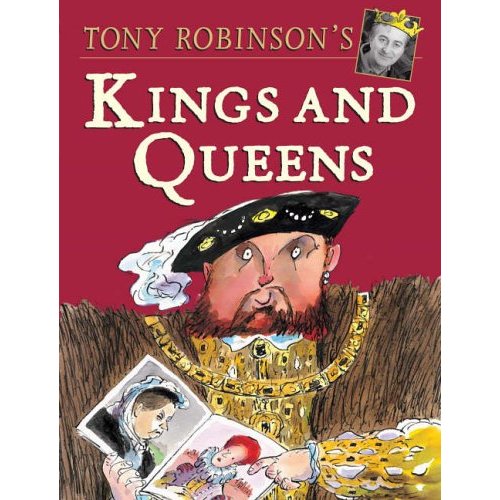
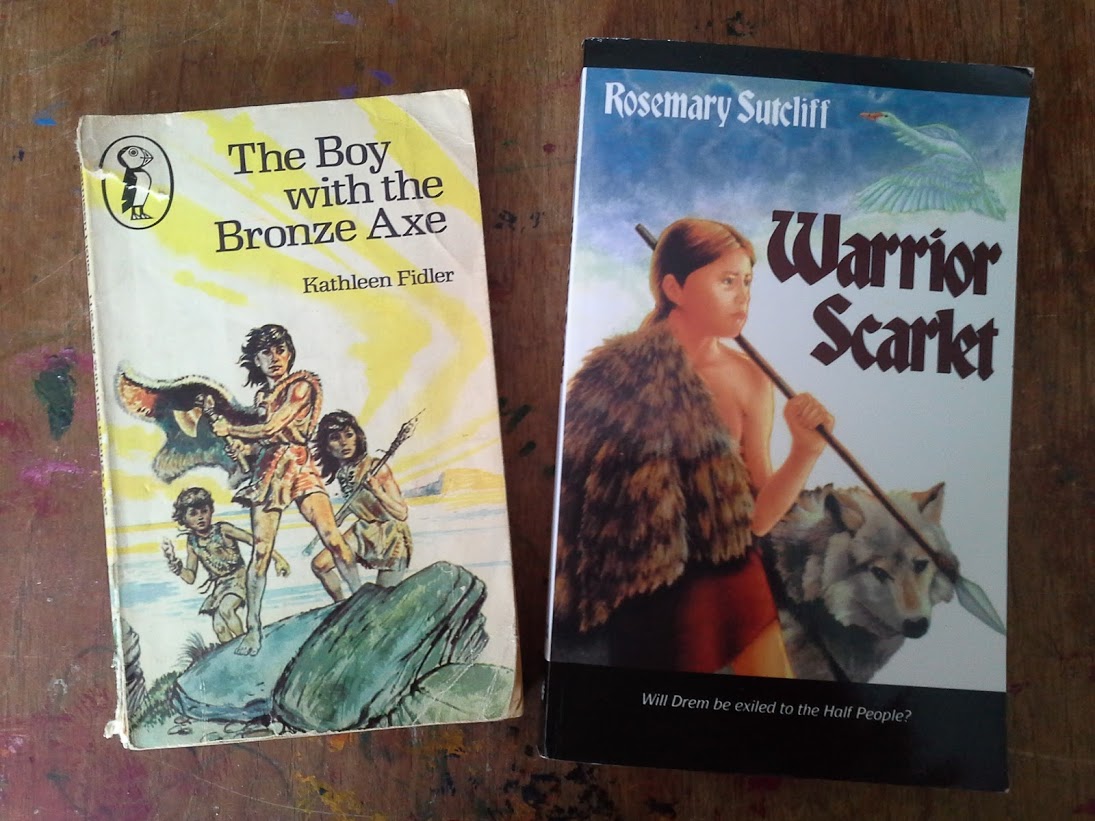
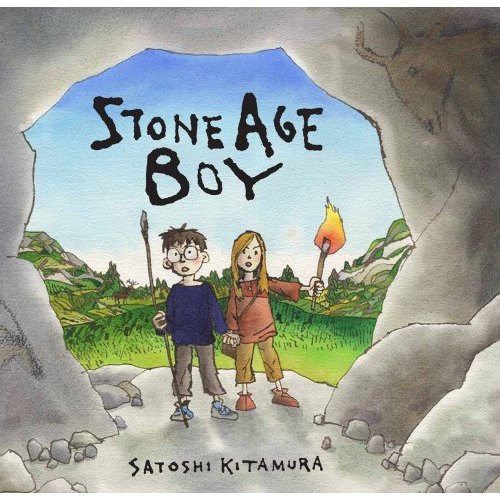
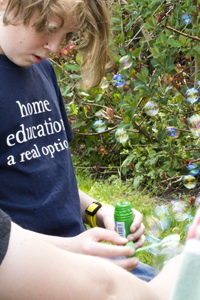
Completely understand your frustrations. It’s actually quite scary how all our reading material is so controlled not only by government in the ways you describe, but also by publishers and the commercial world. It’s interesting, but none of them would take on publishing my book ‘Funny Kind Of Education’ because it wouldn’t make enough money for them! Which also means they control what people read! Through publishing independently people get to read ideas even if they’re not commercial so this will eventually get messages out there some would rather keep hidden! Maybe you’ll have to start filling the gaps Katherine! x
I can totally identify with this problem, as it takes me a very long time and many ‘woman’ hours to source fulfilling educational age appropriate or information appropriate books/resources for our home ed studies and topics. I search many sites and sometimes have to buy books out of publication to get what we need. If a history topic isn’t covered in the National Curriculum it makes the task twice as hard!
Luckily I’ve found buying from the BBC (but in the adult range, especially on national history helps) and Chanel 4 profitable. The gold mine however is buying straight from many museums, with their own publications, as they are a good source of factual, interesting and captivating books.
Recently I was presented this problem when looking for a book on the history of London for a current H.E topic. I found a fantastic large colourful and interesting book resource that covered the history of London from the Ice Age to the present day from the Museum of London and we’re able to link it in with all their exhibits within the museum.
The British Museum is a treasure trove for fantastic history books as is the NHM, Science Museusm etc. Go straight to the source and try their online shops. x
I wish you all the best on future hunts. x